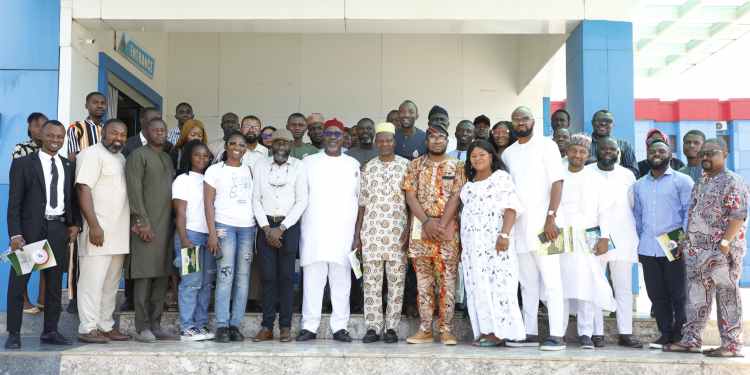In a push to tackle poverty and stimulate economic growth, civil society organizations have urged the Federal Government to prioritize the revitalization of cooperative societies.
This call was made at a roundtable discussion held in Abuja, featuring key stakeholders, including the Federal Cooperative College,Ibadan.
In his opening speech, the National Coordinator of the Restore Nigeria Integrity Initiative, Comrade Itsede Victor, emphasized the untapped potential of cooperative societies to significantly impact Nigeria’s Gross Domestic Product (GDP).
Itsede highlighted the neglect of cooperative societies and its effects on the agricultural sector. “The poor orientation and abandonment of cooperatives have discouraged the cultivation of key crops such as cocoa, peanuts, and groundnuts. This trend has forced many young people to migrate to urban areas in search of white-collar jobs,” he said.
He noted that cooperative societies, if properly managed, could create markets for agricultural produce, attract grants, and foster skill development for members. He also proposed the re-establishment of local marketing boards to regulate prices and protect the interests of both farmers and consumers.
Reflecting on the past, he also lamented the decline of cooperative societies, which once played a vital role in Nigeria’s economy.
“Cooperatives were the backbone of the groundnut pyramids and the cocoa revolution. Their fading relevance is a setback for our economic development,” Victor stated.
The roundtable discussion, attended by civil society leaders and representatives from the Federal Cooperative College, provided a platform to examine how cooperative societies could be repositioned as drivers of economic revitalization in Nigeria.





